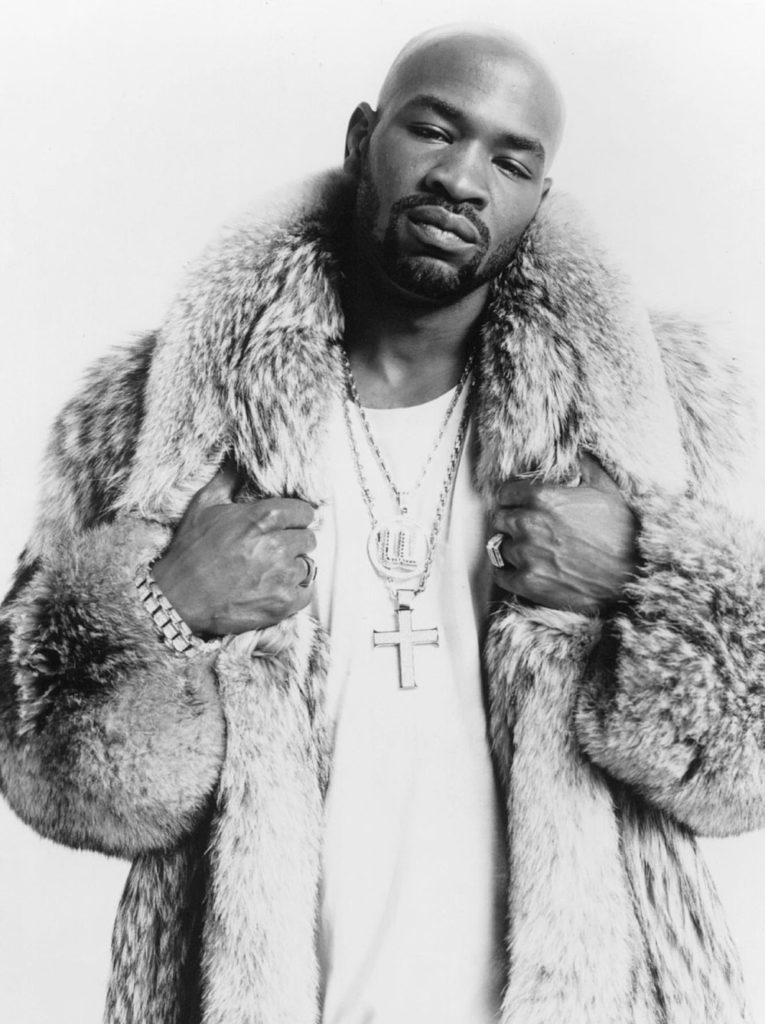The 2 Live Crew introduced the world to the Miami bass sound; which is an up-tempo style of music equipped with banging bass, hard-hitting snares and a heavy emphasis on mixing. This style of music became popular in various dance clubs in the inner cities. And by late 1990, Luke introduced the world to his newly signed protégé’s, “Poison Clan who followed the same formula.
Discovered by Luke at a local talent show in Miami, the duo consisted of lead rappers Debonaire and JT Money. The group signed with Luke Records and released their debut album, 2 Low Life Muthas in 1990, which was produced by The Two Live Crew’s DJ, Mr. Mixx. They were marketed as another version of their label mates but they instantly proved they were more than just a novelty copycat group. They had a brash approach to the Miami bass sound as they focused on a wide array of street subject matter that seemed to relate to a much more hardcore genre of listeners. And the versatility in their lyrics proved to resonate with fans as they ushered in their own spin to a growing sound.
Their first single “Dance All Night,” was a hard-hitting dance cut with the trademark Miami bass production laced over a sample of Isaac Hayes’s classic, “Shaft.” It became an underground hit on the dance club circuit throughout the South and in the Midwest. YO! MTV Raps also played the video creating an even wider buzz. Throughout the album, JT Money and Debonaire touched on everything from dogging women, selling dope, to committing various petty crimes. Although their music was much more in depth than the usual Miami bass rappers of that time, they still rhymed at an up tempo pace; a trademark of Miami rappers which was most likely due to keeping up with their up tempo style production.
While 2 Low Life Muthas gave listeners their first glimpse of what the group had to offer, it also provided an introduction into the future of Southern gangster rap. The album became a cult classic and secured Poison Clan’s position at the forefront of Miami’s burgeoning Hip Hop scene.
In early 1992, Debonaire left to join the group Home Team while JT Money took over the duties as sole vocalist, although Uzi and Madball were added to the lineup. Their sophomore effort Poisonous Mentality, saw the already misogynistic, sexually explicit hardcore act, take on an even more rugged approach. Tracks like “Action,” “Livin’ In the City” and “Fugitive” displayed an even more gangster like street edge to the group’s image while at the same time highlighting JT Money’s improved lyrical flow. The highlight of the album was the hit single, “Shake Whatcha Mama gave Ya” that was another trademark up-tempo club hit with an infamous chorus by Luke. On the heels of the growing success that Southern club music was starting to garner, “Shake Whatcha Mama Gave Ya” became the most played song in clubs all over and also received a considerable amount of radio play. Despite their success, Poison Clan went on to release Ruff Town Behavior, which was their last release on Luke Records. The group parted ways with Luke Records due to a financial dispute with Luther Campbell over royalties but still pushed forward and brought forth their final album Strait Zooism, released by Warlock Records.
After disbanding from his group mates, JT Money put together a demo and relocated to Atlanta where he encountered Tony Mercedes who signed him to his record label, Tony Mercedes Records. Mercedes linked JT with super producer, Dallas Austin who formed a production deal with the artist on his Freeworld Label. Not soon after, JT released his hit single “Who Dat” from his first album Pimpin On Wax. After the success of his first LP, JT Money went on to release three more LP’s, although they never quite reached the success of his debut. Nevertheless, his legacy as a pioneering southern gangster rapper and Miami bass artist will always be felt through the success of those southern rappers who followed his lead: Eightball and MJG, UGK, Trick Daddy and Master P.



